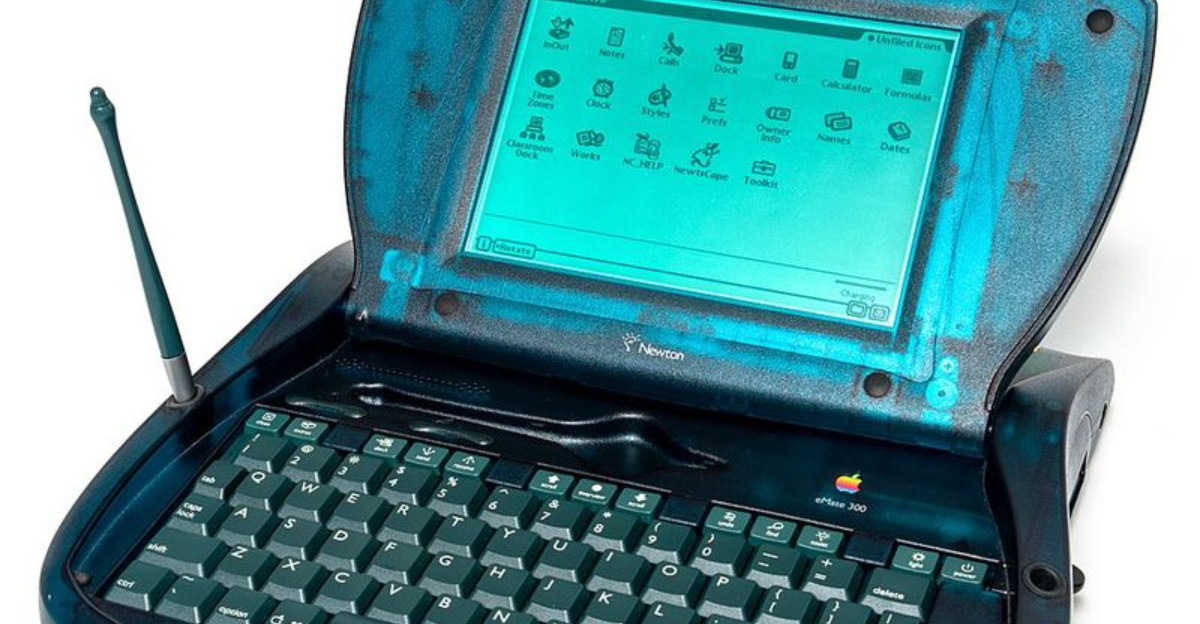15 Frugal Habits My Grandparents Taught Me That Still Work
Grandparents learned thrift the hard way, and those lessons still shine. My grandparents stretched paychecks with creativity, pride, and a little humor, turning scraps into supper and rainy days into resourcefulness.
Back when every jar had a job and every light switch had a conscience, small choices added up to real comfort. Penny jars clinked, clotheslines smelled like sunshine, and nothing went to waste. Call it frugal, call it clever, it all made cents and sense.
Borrow a few of their time-tested habits, and you will save money, cut waste, and feel wonderfully self-reliant.
Disclaimer: The information in this article is intended for general educational and lifestyle purposes. Individual results may vary depending on personal circumstances, available resources, and regional conditions. Always follow product safety guidelines when using tools, appliances, or home-preserving equipment.
15. Line-Dry Laundry
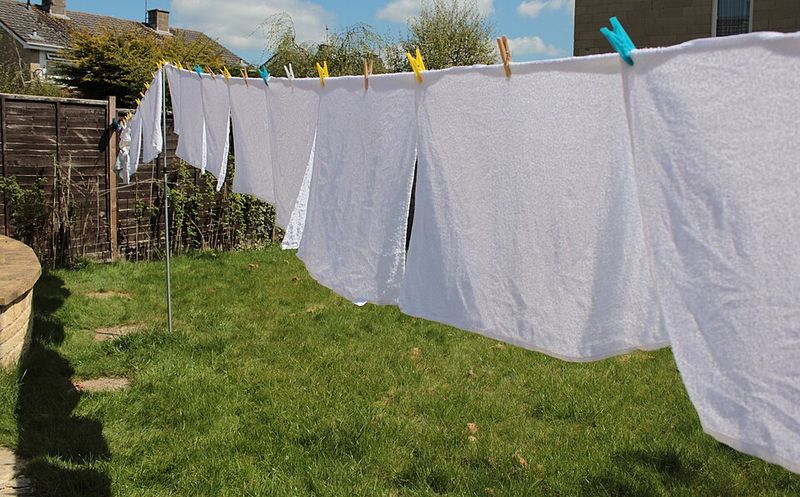
Sunshine and fresh air make the best laundry team ever! Hanging clothes outside to dry costs absolutely zero dollars and leaves everything smelling like a summer day.
Your dryer gobbles electricity like a hungry monster, but a simple clothesline or drying rack does the job without adding a cent to your power bill. Plus, UV rays naturally bleach and disinfect fabrics better than any chemical.
14. Darn And Repair Socks
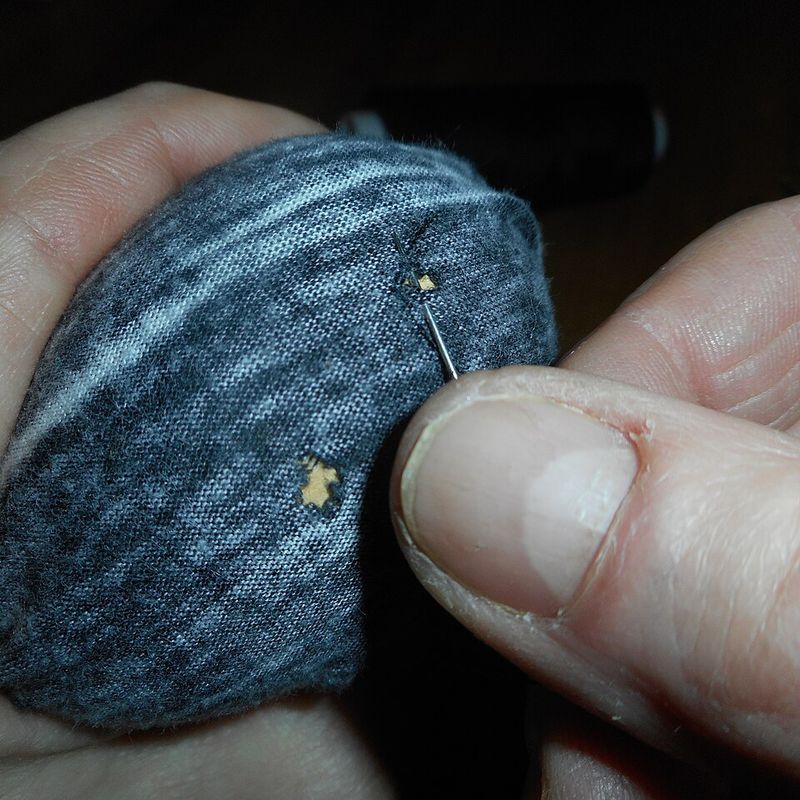
Tossing socks because of one tiny hole seems silly when you think about it. Grandma would grab her darning needle and patch those puppies right up like a textile superhero.
Learning this simple skill saves you from buying new socks constantly. A darning mushroom makes the job easier, and honestly, patched socks feel like little badges of honor proving you’re not wasteful.
13. Home Canning And Preserving
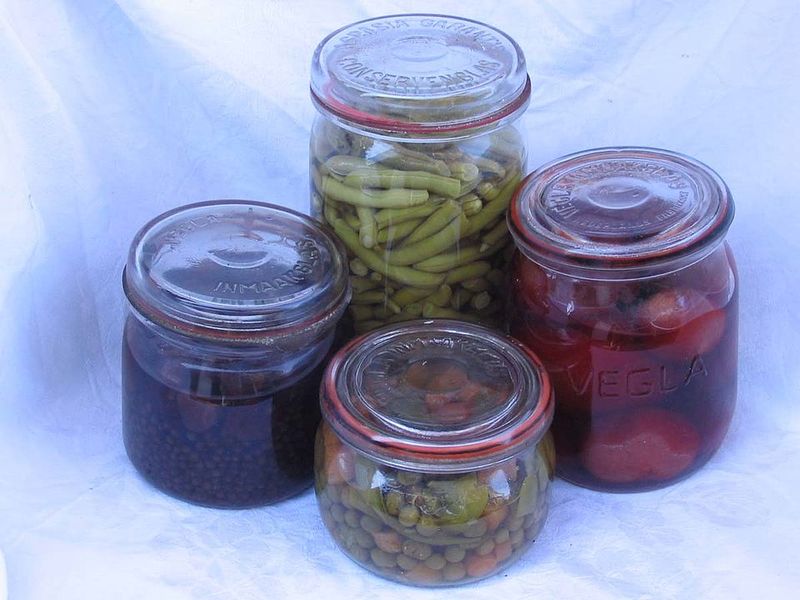
Transforming summer’s bounty into jars of deliciousness meant my grandparents enjoyed garden-fresh flavors all winter long. Canning might sound old-fashioned, but it’s basically time-travel for tomatoes and berries!
You control exactly what goes into your food without mystery preservatives or sketchy additives. Though it requires some equipment and learning, preserved foods taste amazing and make thoughtful gifts.
12. Sew On Buttons And Fix Clothing

How many perfectly good shirts have you ditched just because a button popped off? My grandfather taught me that five minutes with needle and thread beats buying replacements.
Basic sewing skills extend your wardrobe’s lifespan dramatically. Small repairs like fixing hems, closing tears, or replacing buttons keep clothes wearable for years instead of heading straight to landfills unnecessarily.
11. Grow A Vegetable Garden
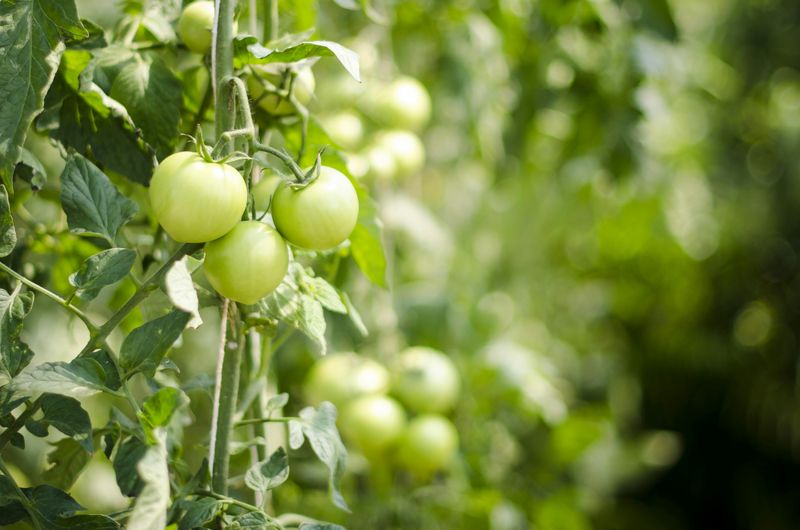
Nothing beats the taste of a sun-warmed tomato you grew yourself! Grandpa’s garden provided fresh vegetables all season and taught patience, responsibility, and where food actually comes from.
Even a small plot or container garden slashes grocery bills while delivering nutrition that store-bought produce can’t match. Getting your hands dirty connects you to nature’s rhythms in surprisingly satisfying ways.
10. Compost Kitchen Scraps
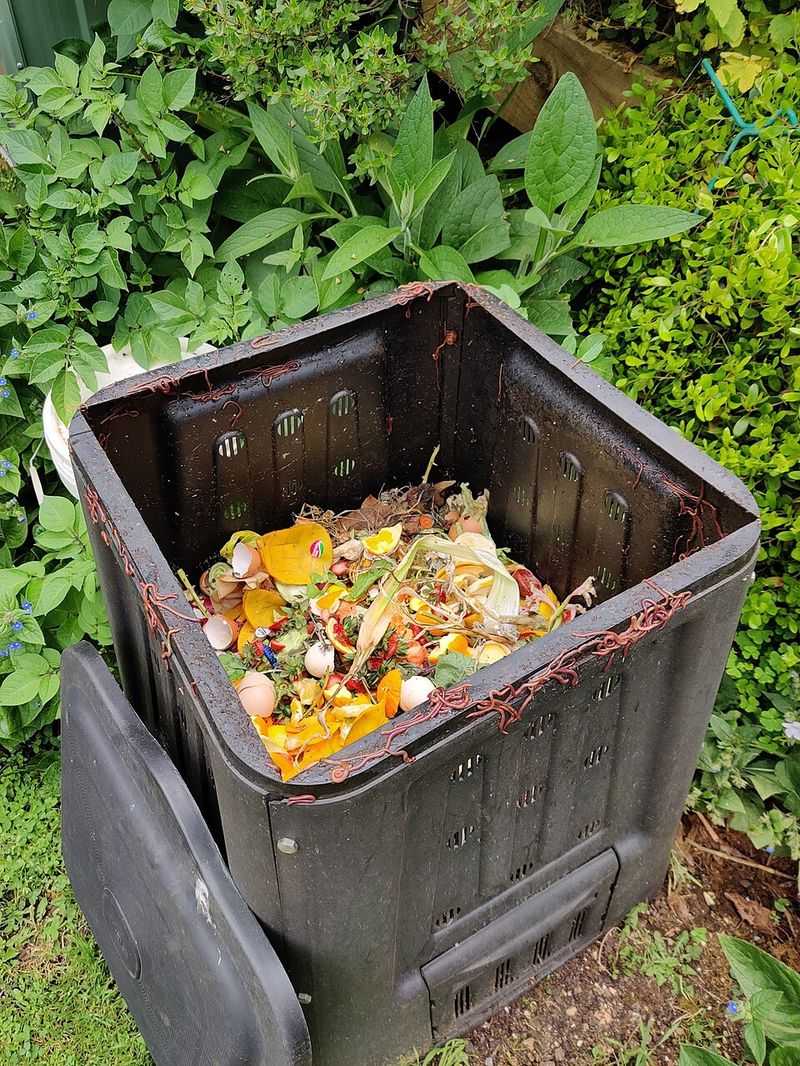
Grandma never threw away potato peels, eggshells, or coffee grounds because she knew they’d become garden gold. Composting transforms trash into treasure by creating nutrient-rich soil for free.
Your garbage bin shrinks while your garden thrives on homemade fertilizer that costs nothing. Though it sounds complicated, composting just means piling organic waste and letting nature work its decomposition magic beautifully.
9. Bake Bread At Home

The smell of fresh-baked bread filled my grandparents’ house every week, and store-bought loaves never came close. Flour, water, yeast, and salt create magic for pennies per loaf.
Kneading dough provides surprisingly good stress relief while saving serious cash compared to bakery prices. Though it requires time, the process becomes meditative, and homemade bread tastes like edible happiness wrapped in golden crust.
8. Buy Second-Hand From Thrift Shops
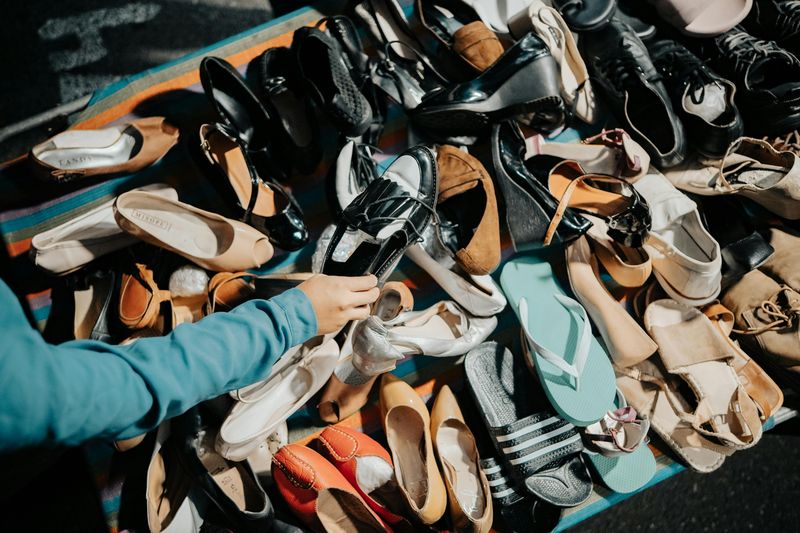
Why pay full price when someone else’s castoffs work perfectly fine? Thrift stores were my grandparents’ treasure hunt headquarters where quality items cost a fraction of retail.
You’ll find name-brand clothes, sturdy furniture, and unique vintage pieces while keeping stuff out of landfills. Shopping second-hand feels like a real-life video game where patience and keen eyes score amazing deals constantly.
7. Collect Rainwater In Barrels

Free water literally falls from the sky, yet most people let it run down the drain! My grandparents caught rain in barrels and used it for gardens and outdoor chores.
A simple rain barrel system reduces water bills while giving plants the naturally soft water they prefer over treated tap water. During dry spells, stored rainwater keeps your garden thriving without guilt.
6. Borrow Books From The Library

Libraries are basically free entertainment warehouses that most people forget exist! Grandma read countless books without spending a dime, and libraries now offer movies, music, and even video games.
Your tax dollars already fund this amazing resource, so why not use it? Besides books, many libraries provide free classes, community events, and internet access for absolutely nothing extra.
5. Soak And Cook Dried Beans

Canned beans cost about five times more than dried ones for the same amount! Soaking beans overnight seems like extra work, but it’s mostly just waiting while they rehydrate themselves.
You control the sodium and seasonings completely, creating healthier meals for pocket change. Though planning ahead helps, a big batch freezes beautifully, giving you homemade convenience whenever needed later.
4. Use A Pressure Cooker
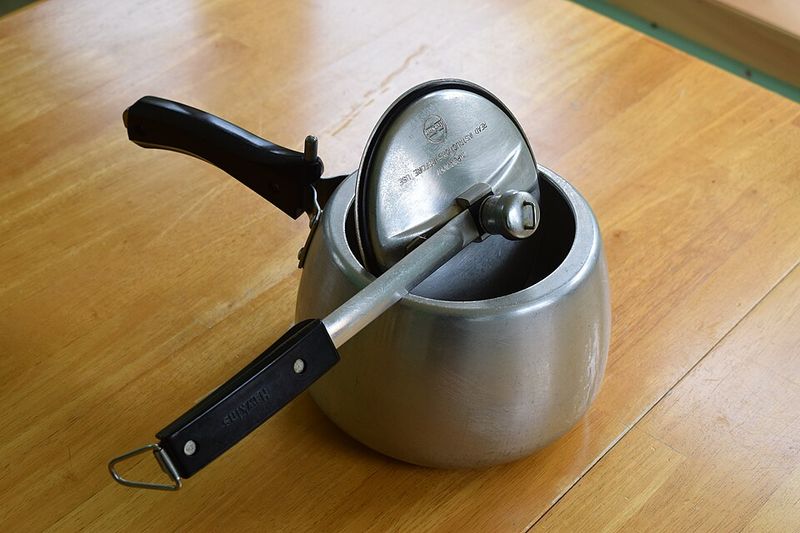
Before slow cookers became trendy, pressure cookers were speed demons that saved time and energy. Tough cuts of meat and dried beans become tender in minutes instead of hours.
Less cooking time means lower energy bills and faster dinners on busy weeknights. Though they look intimidating, modern pressure cookers include safety features that make them practically foolproof for beginners to master quickly.
3. Hand-Wash Laundry With A Washboard
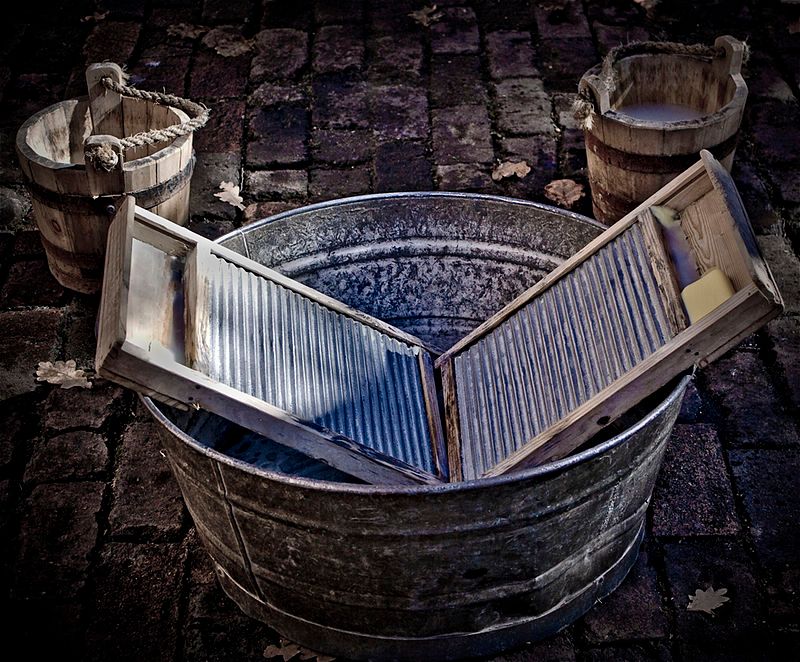
When machines break or power goes out, knowing how to wash clothes by hand becomes suddenly very useful. My grandmother’s washboard handled stains that modern machines sometimes miss completely.
For delicate items or small loads, hand-washing saves water and electricity while giving you total control. Though it requires elbow grease, the process connects you to history and builds surprising arm strength!
2. Switch To Efficient Bulbs And Turn Lights Off

Leaving a room meant flipping the switch in my grandparents’ house without exception. Combining that habit with LED bulbs creates serious savings since lighting gobbles about ten percent of home energy.
LEDs cost more upfront but last years longer and use way less electricity than old incandescent bulbs. Simple awareness about turning off unused lights compounds savings dramatically over time.
1. Make Coffee At Home With Pour-Over
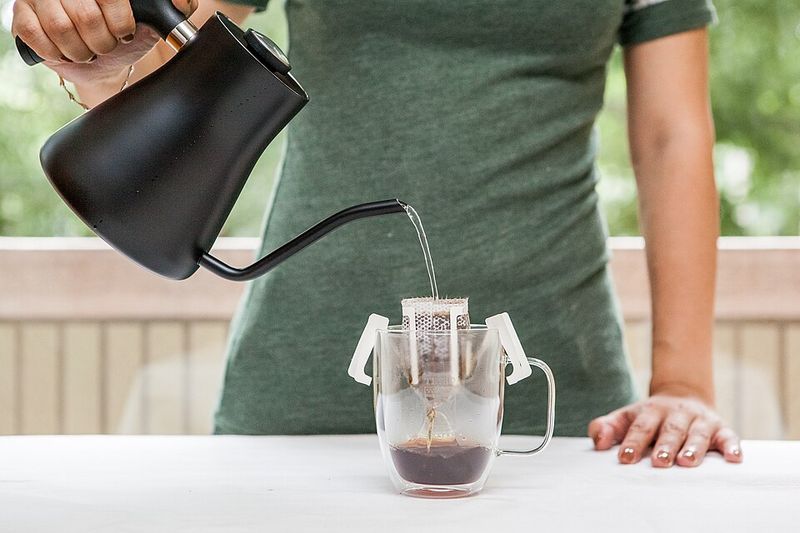
Coffee shop visits add up faster than you think, but home-brewed coffee costs pennies per cup! Pour-over methods create café-quality drinks without expensive machines or complicated training.
You need only a dripper, filters, and good beans to become your own barista. Though it takes a few extra minutes, the ritual becomes a peaceful morning meditation that saves thousands annually.






